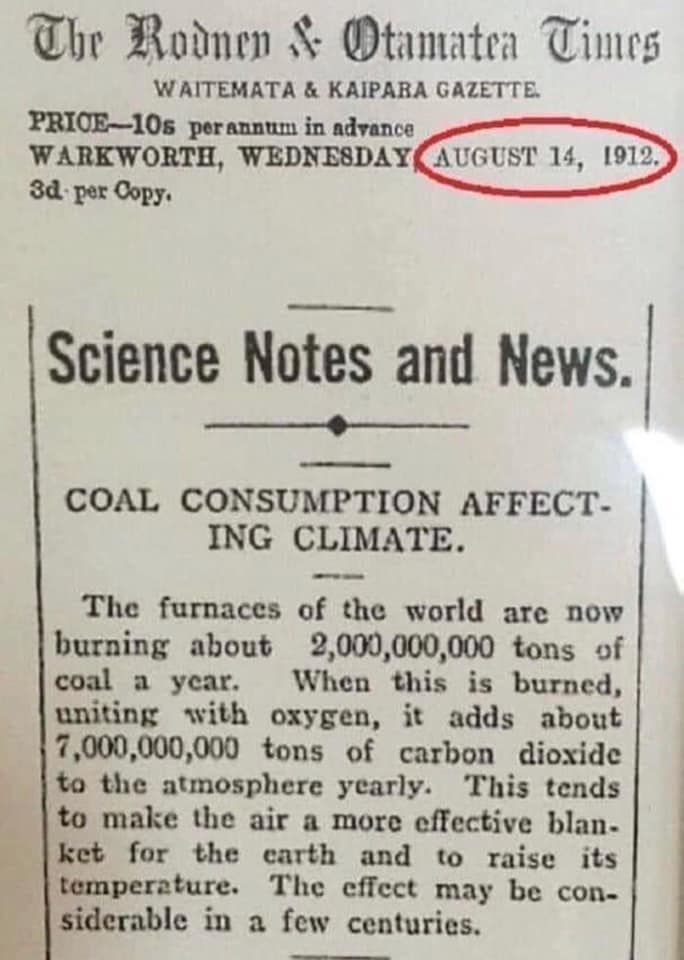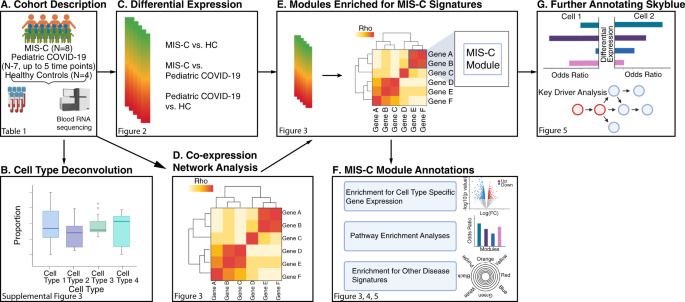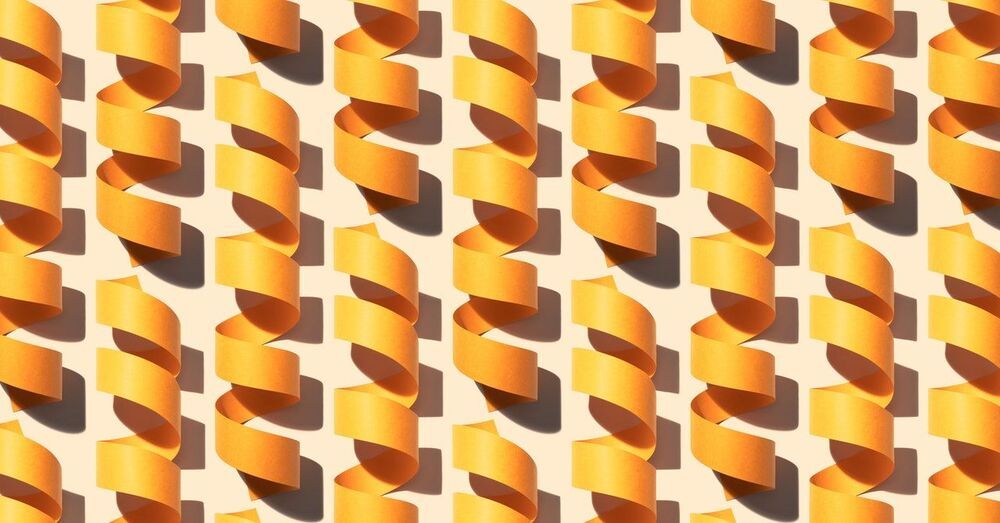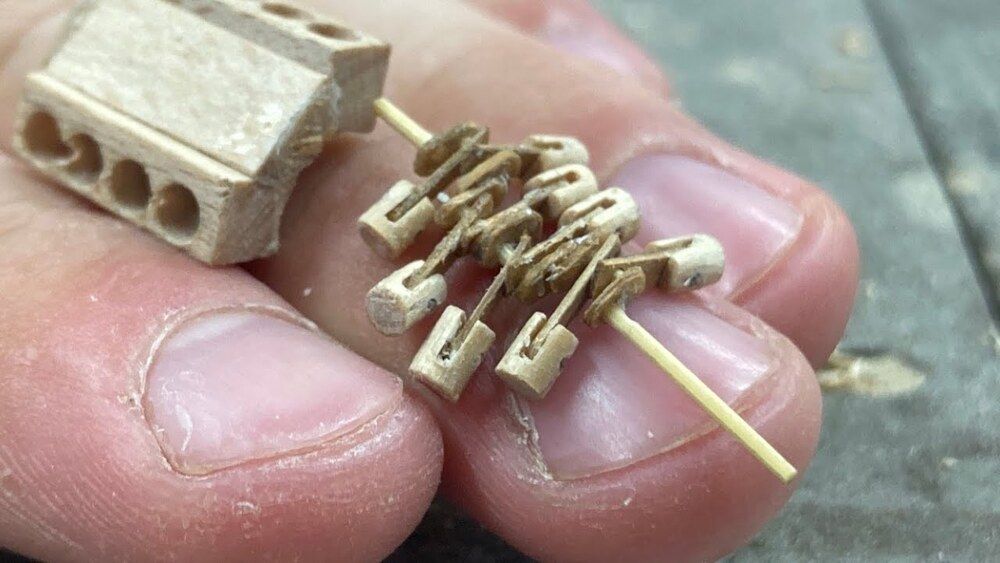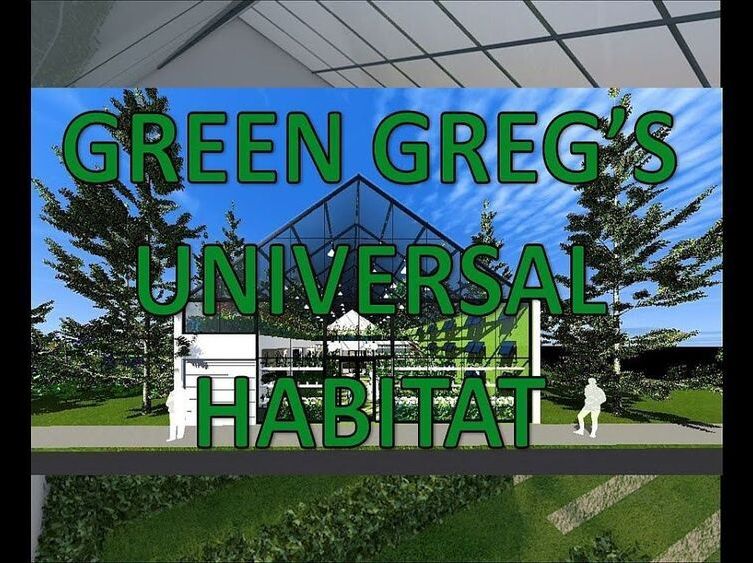Multisystem inflammatory syndrome in children (MIS-C) onsets in COVID-19 patients with manifestations similar to Kawasaki disease (KD). Here the author probe the peripheral blood transcriptome of MIS-C patients to find signatures related to natural killer (NK) cell activation and CD8+ T cell exhaustion that are shared with KD patients.
The Google subsidiary solved a fundamental problem in biology but didn’t promptly share its solution. So a University of Washington team tried to re-create it.
Chip design is a long slog of trial and error, taking years to bring a design to market. Motivo, a five-year-old startup from a chip industry veteran, is creating software to speed up chip design from years to months using AI. Today the company announced a $12 million Series A.
Intel Capital led the round along with new investors Storm Ventures and Seraph Group, as well as participation from Inventus Capital. The company reports it has now raised a total of $20 million with its previous seed funding.
Motivo co-founder and CEO Bharath Rangarajan has worked in the chip industry for 30 years, and he saw a few fundamental trends and issues. For starters, the chip design process is highly time-intensive, taking years to come up with a successful candidate, and typically the first to market wins.
New software applications are cleverly mapping audio to transport users to another space.
There’s really no need to make it clear that automotive lovers come in all shapes and sizes. One master woodworker has even achieved the impossible and built what could be the world’s smallest functioning V8 engine.
‘Cool’ stars may not be so unique
Posted in alien life, physics
Stars scattered throughout the cosmos look different, but they may be more alike than once thought, according to Rice University researchers.
New modeling work by Rice scientists shows that “cool” stars like the sun share the dynamic surface behaviors that influence their energetic and magnetic environments. This stellar magnetic activity is key to whether a given star hosts planets that could support life.
The work by Rice postdoctoral researcher Alison Farrish and astrophysicists David Alexander and Christopher Johns-Krull appears in a published study in The Astrophysical Journal. The research links the rotation of cool stars with the behavior of their surface magnetic flux, which in turn drives the star’s coronal X-ray luminosity, in a way that could help predict how magnetic activity affects any exoplanets in their systems.
A new kind of neural interface system that coordinates the activity of hundreds of tiny brain sensors could one day deepen understanding of the brain and lead to new medical therapies.
Imagine a home that pay you to live in it because you can make a living out of it and grow almost all of your food in it as even sell food from it. Imagine a home that provides its own water and energy. Imagine a home concept that will work almost anywhere on Earth or in space that is cheap to build! Imagine living a high standard of living with virtually no environmental or carbon footprint whilst you retain freedoms. Imagine much less need for utilities. Imagine a home that is resilient, sustainable, can stand up better to environmental or manmade disasters. You own personal bug-in fortress. Imagine a home so green it will start an ice age! See the Greenest concept ever! Image a home you could put almost anywhere! This IS a world changing concept. Make it go viral!
You can support Galactic Gregs by supporting the sister channel Green Gregs by clicking the links below:
See the Special Deals at My Patriot Supply (great space mission food): www.PrepWithGreg.com.
For gardening in your space habitat (or on Earth) Galactic Gregs has teamed up with True Leaf Market to bring you a great selection of seed for your planting. Check it out: http://www.pntrac.com/t/TUJGRklGSkJGTU1IS0hCRkpIRk1K
#Electric and faster than a Tesla. The Rimac Nevera is now officially the fastest accelerating production vehicle in the world. While on its way to participate in Pebble Beach celebrations this weekend, the electric hypercar made a stop at Famoso Raceway in McFarland, California, where it managed to set a production car record quarter-mile time of 8.582 seconds at 167.51 mph, according to Rimac. That was fast enough to beat the company’s own unofficial record of 8.62 seconds, which it set in Croatia back in June. Unlike that previous attempt, Rimac utilized a drag-friendly, VHT-prepped surface this time around. https://www.roadandtrack.com/news/a37304155/rimac-nevera-qua…ld-record/
Rimac enlisted Brooks Weisblat from DragTimes to be the wheelman for the record-setting attempt. Thankfully, that means we have some great video footage to go along with the new record. The Nevera is perfectly suited for this sort of endeavor, as the electric hypercar packs 1,914 horsepower and 1,741 lb-ft of torque. The car’s four electric motors also provide all-wheel drive, which utilizes Rimac’s All-Wheel Torque Vectoring 2 technology. Despite the help from the prepared surface and AWD, the Nevera wasn’t exactly testing in ideal conditions. The temperatures outside were as high as 98 degrees fahrenheit, with the track itself measuring in at 149 degrees fahrenheit. This required the company to make some setup adjustments as they went, making several passes in the process. The record-setting run itself was actually the eleventh pass the company made in quick succession.
This content is imported from YouTube. You may be able to find the same content in another format, or you may be able to find more information, at their web site.
